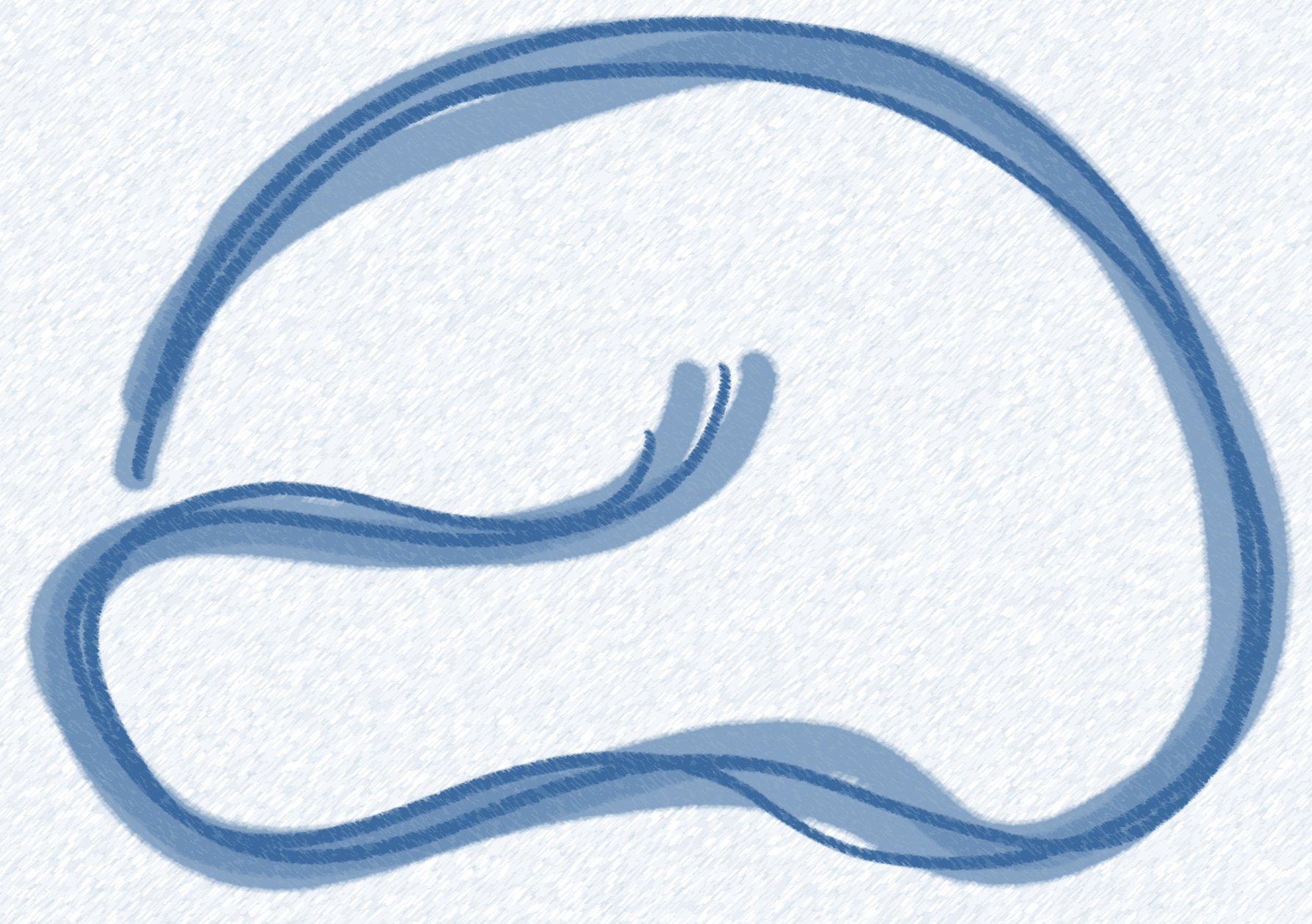Syllabus
Contents
Syllabus¶
Instructor:¶
Dr. Valentina Borghesani - Assistant Professor at the University of Geneva (UNIGE, FPSE), within the Swiss National Centre of Competence in Research (NCCR) Evolving Language.
Contact:
email: valentina(dot)borghesani[(at)gmail(dot)com
website: valentina.borghesani.org
Prerequisites:¶
coming soon
Learning Outcomes:¶
Acquisition of updated knowledge on the neural bases of language. We will cover the functional and structural neural correlates of brain networks underlying language processing at different levels: phonological, semantic, syntactic, etc.
Develop scientific reasoning integrating experimental methods and the various language issues (different cerebral imaging techniques and what they allow to study, cerebral representation of different levels of language processing).
Description:¶
The course is made up of 7 sections:
Overview of developmental, acquired, and neurodegenerative disorders affecting language (week 1 and 2)
Overview of neuroimaging techniques and experimental paradigms that can be used to study language (week 3 and 4)
Speech perception and production (week 5 and 6)
Reading and writing (week 7 and 8)
Sign language (week 9)
Semantic (week 10 and 11)
Syntax and discourse (week 12 and 13)
Tools¶
Throughout the course we will be using the following tools:
This jupyterbook and all the links here provided
Ad-hoc slack channel (coming up)
Zoom
GoogleDrive
Please contact the instructor if you have any issue of access/availability with any of these software/platforms.
Schedule-driven grading¶
All students start the course with 100 points, and lose 2 points for every assignment that they don’t complete, discussion they don’t participate in, syncronous meeeting they don’t attend. Continuous monitoring. • Weekly questionnaires to be completed online (40% of grade). This will involve completing multiple-choice quizzes on the material presented in class, including the content of the guest scholars’ presentations. • Written exam at the end of the course (40% of the mark). • Oral presentation of a scientific article and active participation in class (20% of the mark).
Flipped classroom¶
There are no standard lectures. Pre-recorded lecture videos and readings are provided. Students are required to watch/read them and complete a few questions. Weekly synchronous meetings are of two kinds
Q&A - I answer questions previously posted online and on-the-spot ones
Students-lead discussions around a predefined topic/problem
Problem-solving or tutorials
